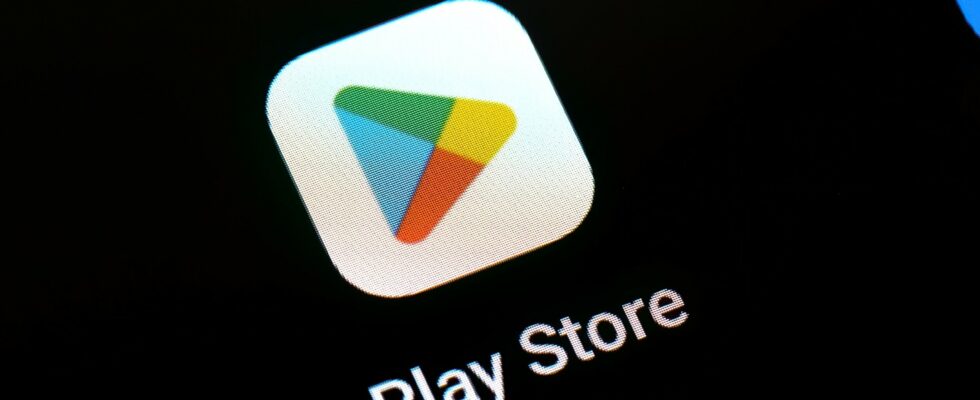Google is preparing to pay no less than 700 million dollars to end a vast dispute over the Play Store, its application store which is accused of an alleged illegal monopoly.
On December 11, an American jury declared that Google’s parent company, Alphabet, held an illegal monopoly with its application store. The complaint was supported by 50 attorneys general from Uncle Sam states, who had attacked the company in July 2021. This Tuesday, and only a few days after the epilogue of the lawsuit against Epic, we learned that Google accepted to pay 700 million dollars and make several concessions on the Play Store, to put an end to the conflict and comply with the regulations.
Google agrees to reimburse injured Play Store users
Of the $700 million that Google plans to pay, $629 million will be refunded to consumers, and the other $70 million will be allocated to states. These funds will serve as compensation to users who overpaid for apps or in-app purchases through the Google Play Store. Several changes will occur following the decision.
For example, the agreement requires Google to technically allow the installation of third-party applications on Android for 7 years. Additionally, developers will be able to offer an alternative in-app billing system to Google Play for 5 years, giving users greater ease of choice in billing for their apps.
The Mountain View firm undertakes not to push or force developers to offer their best prices exclusively to customers using Google Play and Google Play Billing (the billing program that allows you to sell digital products and content from an Android app ) during 5 years. And there will be no obligation to sync titles on Google Play with other stores and features for 4 years.
Temporary concessions from Google: limitations on exclusivity, app installation, and lingering questions about true developer freedom
Among other commitments made under duress, the American giant will not push device manufacturers to exclusively install Google Play on phones or on the home screen for 5 years. Manufacturers will be able to grant installation rights to preloaded apps without hindrance from Google for 4 years.
Google will allow third-party app stores to update apps without user approval for 4 years. For the next six years, developers will be able to use contact information obtained in or out of the app to communicate with users outside the app.
As for consumer applications, such as Netflix, Google will have to let them inform their users that they can get better prices elsewhere. However, they will not be able to integrate an external link. The mention “Available on our site at (such) price” will be the only one tolerated.
Although these concessions seem significant, they come with time limits, as you will have noticed. Voices are already being raised to criticize some of these changes, seen as minor adjustments, while others, such as Google Play Billing, raise concerns about the real freedom left to developers. The settlement must now be approved by the judge in February, while discussions between Epic Games and Google continue.
Sources: Google, The Verge

2